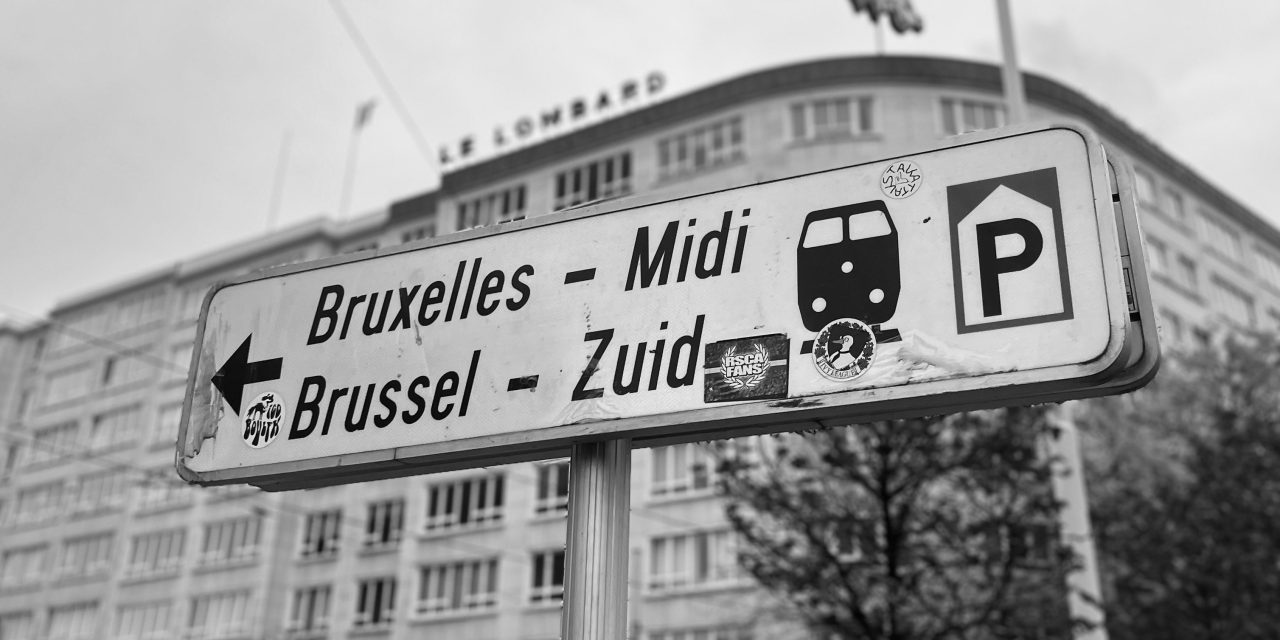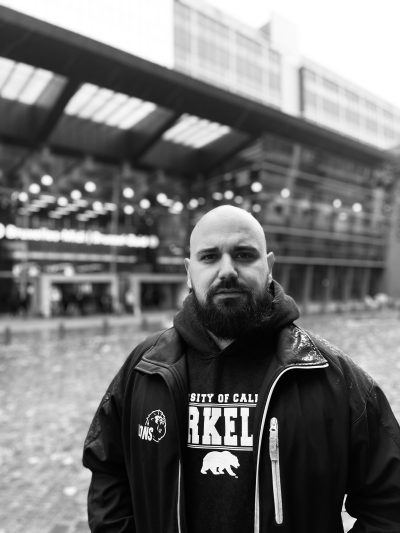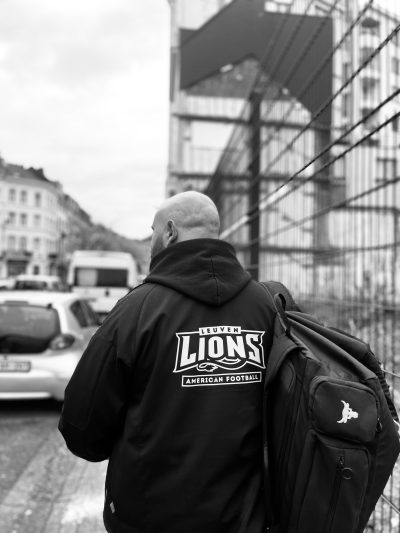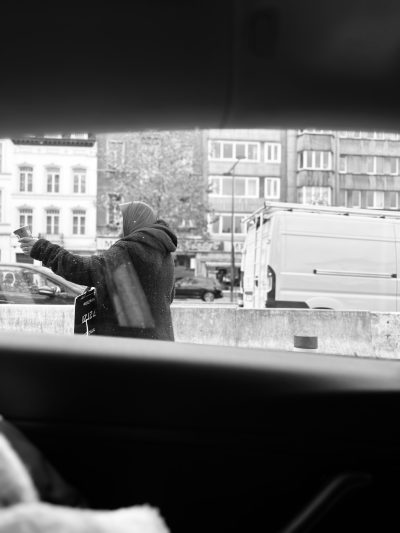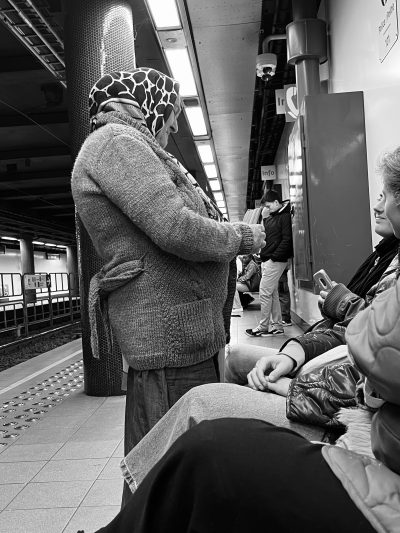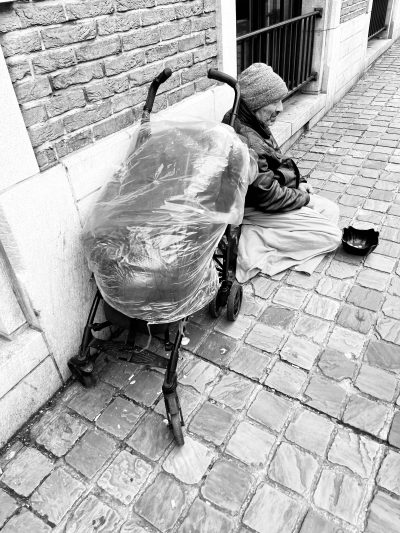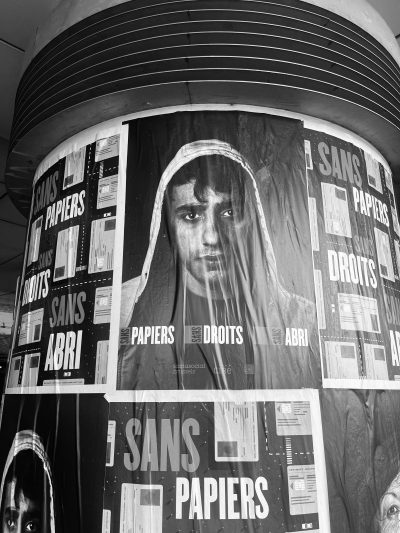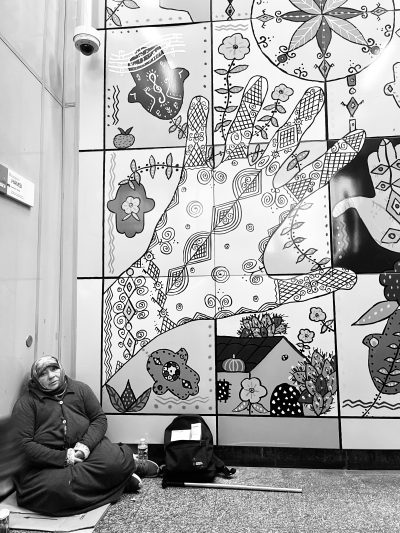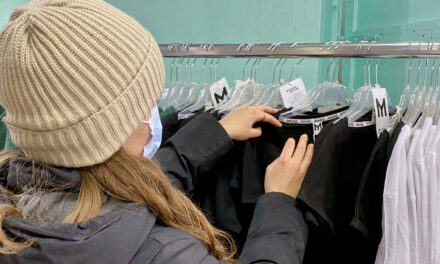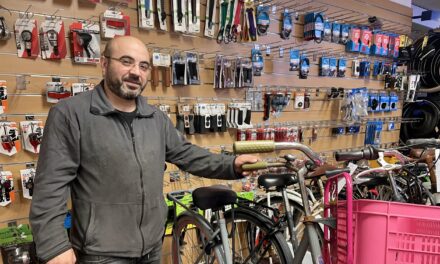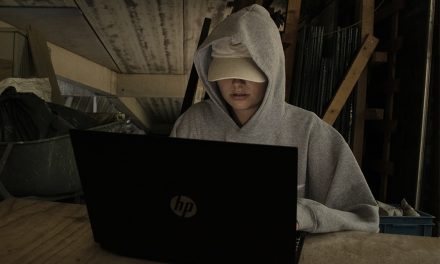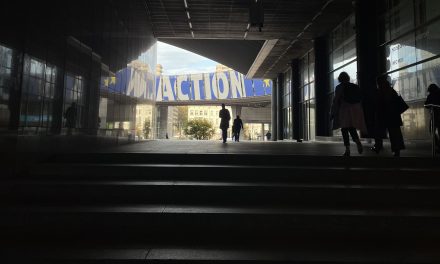Brussels, the capital not only of Belgium but of the whole European Union, is a melting pot of expats, diplomats and immigrants from different countries around the world. In no other European city you will find 189 different nationalities. Almost 40% of the Brussels residents do not even have a Belgian nationality. Besides the striking aspects of the city’s cosmopolitan atmosphere, these different nationalities and differences in the city also create major challenges.
History of Brussels: ‘We need help, we need money’
Why is there a stark difference between the European Quarter, the northern part of the city, and and the southern parts of Brussels? Let’s have a look at Brussels history: Because of the significance of the institutions, building the European Quarter led to many investments in infrastructure, facilities and office buildings. It had to be representative of a strong and prosperous image of Europe.
Although Brussels South and North share a parallel history, with a visionary plan to connect the south and north to each other through a train network and transformation of the working-class neighborhoods into modern urban structures, the outcome was a complete disaster. This bruxellisation of Brussels in the 1950s, 60s and 70s led only to thriving Manhattans in the North and neglected Bronx neighborhoods in the South. Pascale Vielle, member of the Saint-Gilles Midi/South neighborhood committee, still sees this problem getting worse: ‘Where the institutions are based, you have no living places, so the often rich people who work there don’t pay taxes. They are disconnected. And we pay a lot of taxes to provide all this infrastructure for people who are working here. We are not financed for all the services we provide to Europe and Belgium. We need help, we need money.’
Scared travelers, crack and gangs
The social and economic disparities, urban decay, transportation challenges, housing issues and integration challenges of Brussels has led to an increase of illegal immigrants, homeless people and drug addicts. Keyvan Siasi, formerly homeless who lived around the South of Brussel and now a counselor with prisoners, and Pascale Vielle, member of the Saint-Gilles Midi/South committee, tell us more about the real problems of Brussels South:
Solutions
If Keyvan and Pascale agree on something, it is that this problem does not have only one solution: ‘In the Netherlands there is a closer cooperation between social workers and the justice system. Social workers and police officers go out together in teams and depending on what’s needed in that moment one of the two will start an interaction. We don’t see that in Brussels. And that’s a problem, because we punish people that became a victim of something that they did not always have a say in,’ Keyvan says. So the justice system does not have an answer to all of these problems.
Pascale also agrees that we should look to other countries and experts for advice. She lived in Switzerland for 6 years, in this period of time Switzerland dealt with a huge heroin problem: ‘They completely forbid the consumption on the street, but there was tolerance in the shooting spaces they created. Additionally they developed a policy against dealers and mafia who were dealing heroin which led to addicts receiving methadone on prescription. So it cuts off all illegal dealing.’
Jakob van de Voorde, urban developer, believes the organization of public spaces has a profound impact on safety. He advocates for the creation of diverse spaces spread throughout the city: ‘Look at Antwerp, where there are distinct locations for homeless individuals to sleep, wash and receive hot meals.’
Whether it’s learning from successful international models or creating partnerships between different sectors locally, the shared sentiment is that working together is not just a solution; it’s fundamental.
